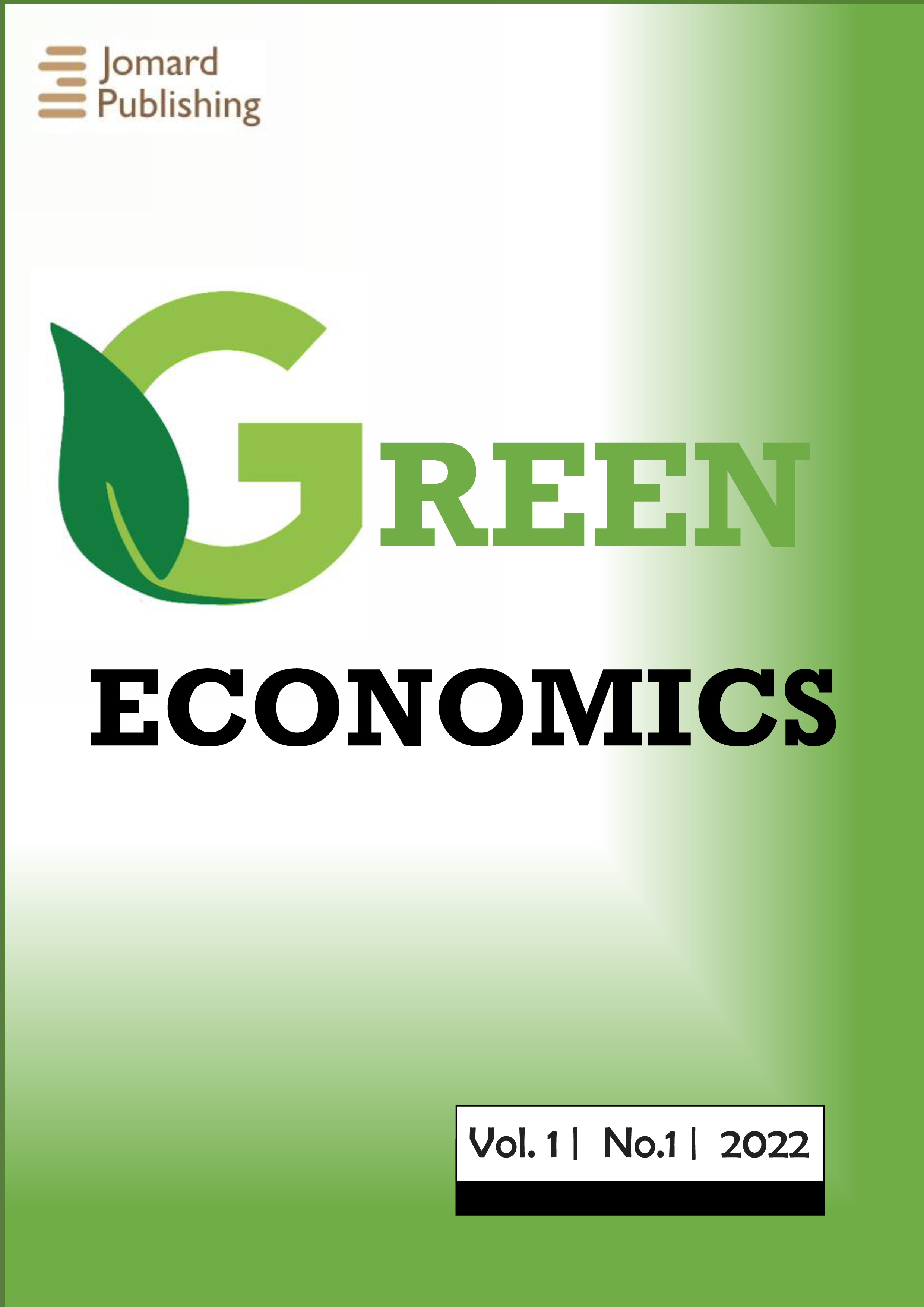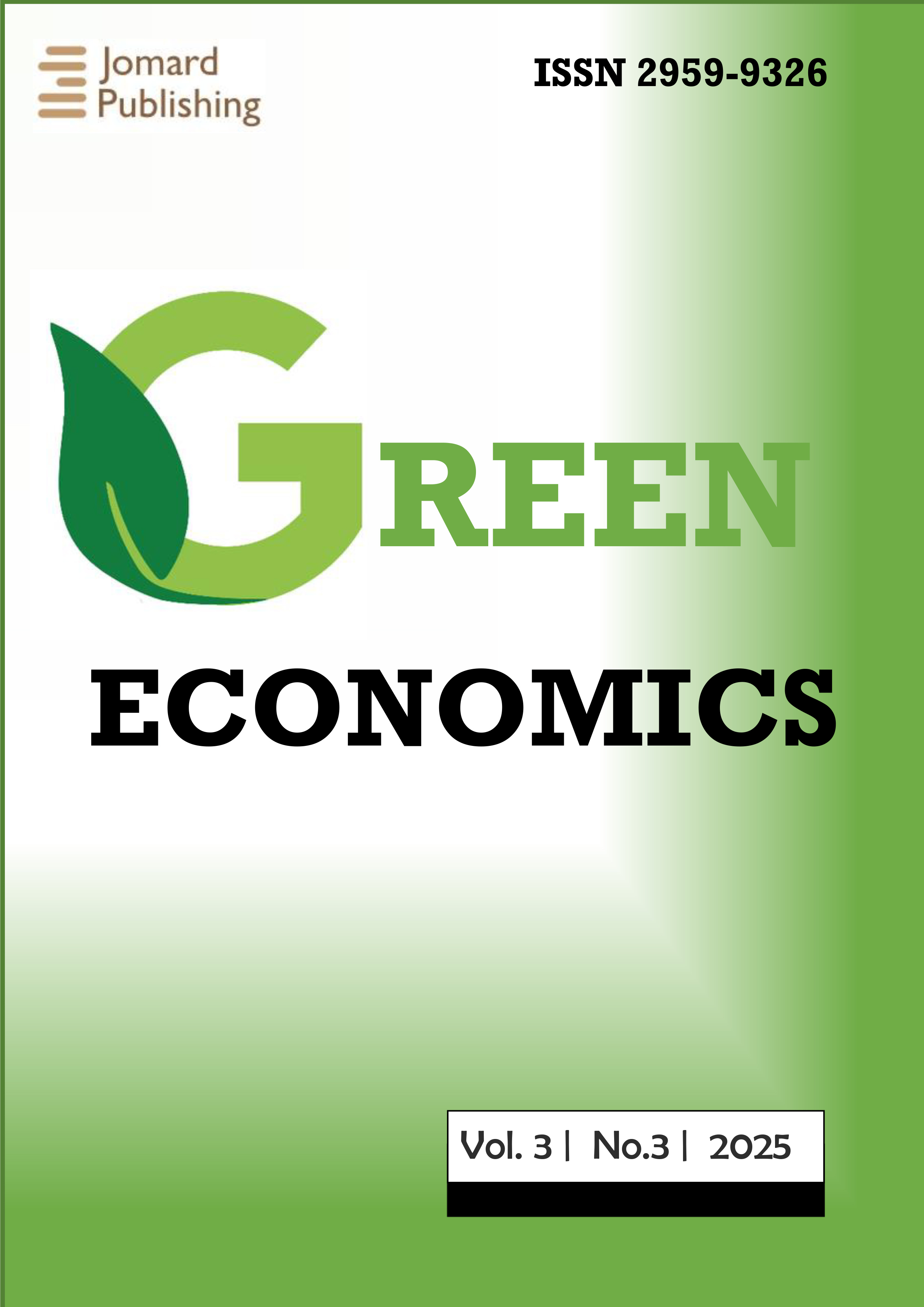Assessment of Azerbaijan's Position in the Environmental Sub-Index of the Social Progress Index
- Published: 22-09-2025
Share
In the modern era, the level of societal development is no longer assessed solely through economic indicators, but also by incorporating factors such as human well-being, social equality, inclusiveness and environmental sustainability. This multidimensional approach enables a more human-centered evaluation of social progress. Environmental protection and ecological sustainability have become fundamental pillars of this progress. Key priorities now include the adoption of sustainable production and consumption patterns, efficient use of natural resources, combating climate change and promoting the green economy. Sustainable development is increasingly viewed as a strategy that meets the needs of current generations without compromising the ability of future generations to meet their own needs. The Social Progress Index (SPI) is a globally recognized metric that evaluates the fundamental aspects of social development. One of its key components, the “Environmental Quality” sub-index, assesses the impact of environmental factors on human life. It includes indicators such as air and water quality, ecological sustainability and the use of renewable energy sources. This study analyzes Azerbaijan’s performance in the “Environmental Quality” sub-index of the SPI and presents a comparative analysis with neighboring and selected countries. The research employs comparative economic-statistical methods and graphical tools to evaluate and interpret the results.
- View 381
- Downloads 77
- Saveds 0
- Citations (Crossref) 0

